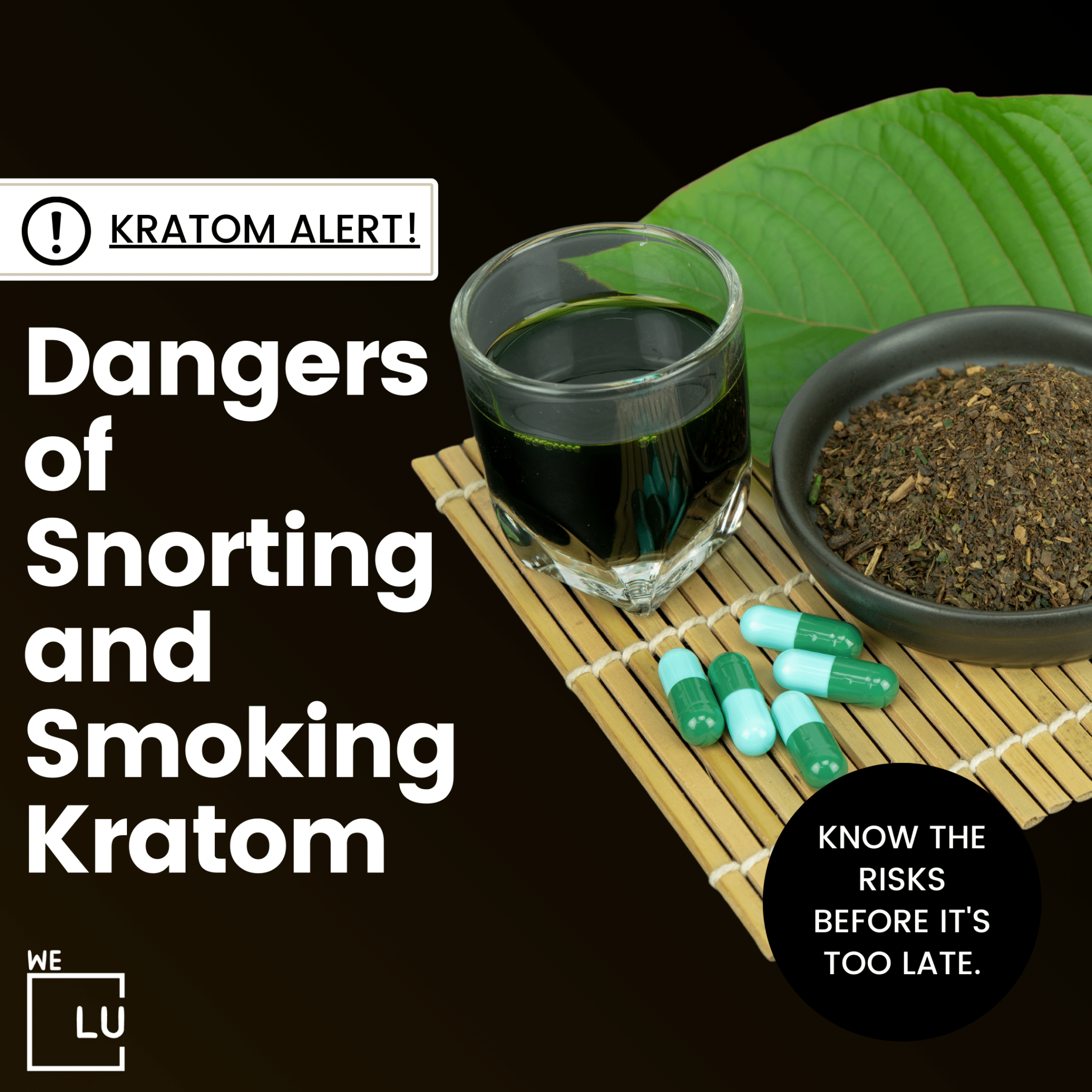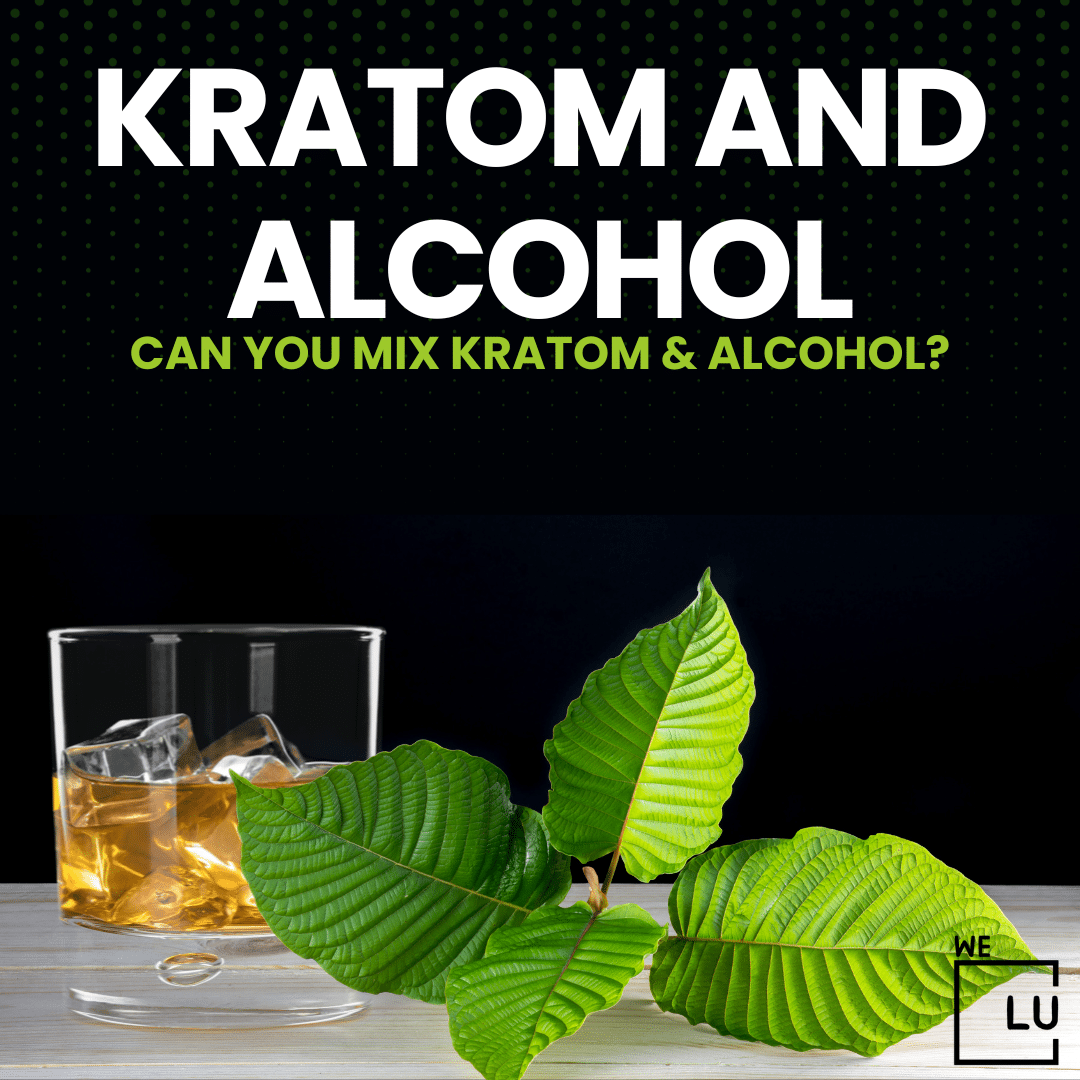Xanax, a benzodiazepine prescribed for anxiety and panic disorders, is a medication known for its therapeutic benefits when used under the guidance of healthcare professionals. However, the misuse of Xanax, mainly, through unauthorized routes like snorting, can lead to severe health consequences. Snorting Xanax bypasses its intended oral administration, potentially resulting in heightened risks of addiction, respiratory depression, and other adverse effects. The allure of quicker onset and intensified sensations may drive individuals to misuse this medication, unaware of the dangers associated with such practices.
If you or someone you know is struggling with Xanax misuse or addiction, seeking professional help is imperative. We Level Up CA provides support and guidance for those navigating the challenges of Xanax addiction. Call us today to begin the journey toward recovery and reclaiming a healthier, balanced life.
What Is Xanax?
Xanax is a brand name for alprazolam, a prescription medication that belongs to the benzodiazepine class of drugs. Benzodiazepines are central nervous system depressants that work by enhancing the effects of a neurotransmitter called gamma-aminobutyric acid (GABA), which has a calming effect on the brain.
Xanax is commonly prescribed to treat anxiety and panic disorders, as it helps alleviate symptoms such as excessive worry, tension, and restlessness. Due to its soothing properties, Xanax is known for its quick onset of action, making it effective in providing rapid relief for acute anxiety episodes.
Only use Xanax under the guidance of a healthcare professional, as it carries the risk of dependence and withdrawal symptoms if not taken as prescribed. Misuse or excessive use of Xanax can lead to adverse effects, including drowsiness, dizziness, and in severe cases, respiratory depression.
Xanax Misuse
Misuse of Xanax refers to the inappropriate or non-prescribed use of the medication, and it can have serious consequences. Some common forms of Xanax misuse include:
- Taking Without Prescription: Using Xanax without a valid prescription from a healthcare professional is considered misuse. This often involves obtaining the drug from friends, family members, or illicit sources.
- Exceeding Recommended Dosages: Taking higher doses of Xanax than prescribed or using it more frequently than directed can lead to increased sedation and the risk of adverse effects. It also raises the likelihood of developing tolerance, where the body becomes accustomed to the drug and requires higher doses to achieve the same effect.
- Combining with Other Substances: Concurrent use of Xanax with other substances, particularly alcohol or other central nervous system depressants, can intensify the sedative effects and increase the risk of respiratory depression. This combination can be life-threatening.
- Using for Recreational Purposes: Some individuals misuse Xanax for its calming and relaxing effects, seeking to achieve a sense of euphoria or detachment from stress. This recreational use is dangerous and can lead to addiction.
- Chasing the “High”: The initial calming effects of Xanax may lead some individuals to misuse the drug in an attempt to experience a pleasurable or euphoric “high.” However, this pursuit can quickly escalate into dependence and addiction.
Xanax misuse can have severe health implications, including the risk of addiction, cognitive impairment, respiratory depression, and overdose. Abruptly stopping Xanax use after prolonged misuse can also result in withdrawal symptoms, such as anxiety, insomnia, and seizures.
Can You Snort Xanax?
It is not recommended to snort Xanax. Xanax is a medication typically taken orally, in the form of tablets or extended-release tablets, as prescribed by a healthcare professional. Snorting Xanax or any medication not intended for intranasal use can be dangerous and is considered a form of drug misuse.
Snorting Xanax bypasses the intended route of administration, which is designed for the digestive system to absorb the medication. The nasal mucosa cannot absorb substances directly as the digestive system can. Additionally, Xanax is formulated to be effective when metabolized through the digestive system.
Effects Of Snorting Xanax
Snorting Xanax, or any medication not intended for intranasal use, can have various adverse effects. Here are the potential effects of snorting Xanax:
- Irritation and Damage: The nasal passages and mucous membranes are not designed to handle introducing substances like Xanax. Snorting can cause irritation, inflammation, and potential damage to the delicate tissues in the nose.
- Reduced Effectiveness: Xanax is formulated for oral administration, where it is absorbed through the digestive system. Snorting the drug may not have the intended therapeutic effects, as the nasal mucosa may not efficiently absorb the medication.
- Quick Onset, Short Duration: Snorting Xanax can lead to a more rapid onset of effects compared to oral ingestion. However, the duration of the drug’s effectiveness may be shorter, leading to a potential cycle of frequent use.
- Increased Risk of Overdose: Snorting Xanax can intensify its effects, potentially increasing the risk of overdose. Overdose symptoms may include extreme drowsiness, confusion, impaired coordination, slowed or difficult breathing, and, in severe cases, coma or death.
- Respiratory Issues: Xanax, when snorted, may have respiratory depressant effects. This can lead to breathing difficulties, especially when combined with other central nervous system depressants like alcohol or opioids.
- Dependence and Addiction: Misusing Xanax by snorting it can increase the risk of developing dependence and addiction. Using the drug in ways other than prescribed can lead to a faster development of tolerance and cravings.
- Withdrawal Symptoms: Abruptly stopping Xanax after snorting it regularly may lead to withdrawal symptoms, including anxiety, insomnia, irritability, and, in severe cases, seizures.
Why Do People Snort Xanax?
Some reasons why individuals may engage in this behavior include:
- Seeking Rapid Effects: Snorting Xanax can result in a faster onset of effects compared to oral ingestion. Some individuals may be looking for a quicker and more intense response to alleviate symptoms of anxiety or stress.
- Perceived Intensity of High: Some individuals may believe that snorting Xanax enhances the intensity of the drug’s effects, leading to a stronger sense of relaxation or euphoria.
- Experimentation: People might try snorting Xanax out of curiosity or experimentation, primarily if they have heard about others doing so. Peer influence or misinformation can contribute to this behavior.
- Misguided Belief in Effectiveness: Some individuals may mistakenly believe that snorting Xanax is a more effective way to experience the therapeutic effects of the drug, even though it is not designed for intranasal use.
- Addiction and Dependence: Individuals who misuse Xanax and have developed a dependence on the drug may resort to alternate routes of administration to achieve a faster and more pronounced effect, driven by the compulsive nature of addiction.
Risk Of Snorting Xanax
Snorting Xanax can lead to various risks, including:
- Increased Risk of Overdose: Snorting Xanax can lead to a more rapid onset of the drug’s effects, potentially increasing the risk of overdose.
- Irritation and Damage: Snorting any substance can irritate and damage the nasal passages and mucous membranes, leading to nosebleeds, congestion, and other respiratory issues.
- Ineffectiveness: Xanax is not formulated for intranasal use, and snorting it may not result in the intended therapeutic effects. The drug may not be absorbed efficiently, leading to reduced effectiveness.
- Increased Dependence and Addiction Risk: Misusing Xanax in this manner can increase the risk of developing dependence and addiction.

Skip To:
Learn More:
- Ativan Vs Xanax Difference & Similarity. Xanax vs Ativan Which is Stronger? Ativan Vs Xanax Which is Better, Safer & More Effective? Generic Lorazepam Vs Alprazolam Guide.
- Klonopin Vs Xanax, Differences, Effectiveness, Risks, Interactions & Potential for Addiction
- Mixing Xanax and Cocaine, Side Effects, Withdrawal, Overdose & Treatment
- Xanax Side Effects, Long-Term Effects, Seizures & Treatment
- Xanax Addiction Symptoms, Withdrawal & Treatment

Get Your Life Back
Find Hope & Recovery. Get Safe Comfortable Detox, Addiction Rehab & Dual Diagnosis High-Quality Care.
Hotline (855) 695-1160
Impacts Of Xanax Misuse
Misuse of Xanax can have various negative impacts on both physical and mental health. Xanax is a potent benzodiazepine medication, and using it in ways other than prescribed by a healthcare professional can lead to several adverse consequences. Here are some of the impacts of Xanax misuse:
- Addiction and Dependence: Xanax has a high potential for abuse and dependence. Misuse, especially at higher doses or for longer durations than prescribed, can lead to the development of physical and psychological dependence.
- Withdrawal Symptoms: Abruptly stopping or reducing Xanax after prolonged use can result in withdrawal symptoms. These symptoms may include anxiety, insomnia, irritability, restlessness, muscle tension, and, in severe cases, seizures.
- Increased Tolerance: With continued misuse, individuals may develop tolerance to the effects of Xanax. This means that over time, higher doses are needed to achieve the same therapeutic or euphoric effects, increasing the risk of overdose.
- Cognitive Impairment: Xanax and other benzodiazepines can cause drowsiness, dizziness, and impaired coordination. Misuse may exacerbate these effects, leading to difficulty concentrating, memory problems, and impaired judgment.
- Respiratory Depression: Taking high doses of Xanax, especially when combined with other central nervous system depressants such as alcohol or opioids, can lead to respiratory depression. This is a serious and potentially life-threatening condition where breathing becomes dangerously slow and shallow.
- Psychological Effects: Misuse of Xanax can contribute to mood swings, depression, and paradoxical reactions, where individuals may experience increased anxiety or agitation rather than relaxation.
- Social and Occupational Impairment: Xanax misuse can interfere with an individual’s ability to perform daily activities, maintain employment, and engage in healthy social relationships.
- Increased Risk of Accidents: Due to its sedative effects, Xanax misuse can impair cognitive and motor skills, increasing the risk of accidents and injuries.
- Legal Consequences: Obtaining and using Xanax without a prescription or using it in ways not prescribed is illegal. This can lead to legal consequences, including fines and penalties.
- Overdose: Misusing Xanax significantly increases the risk of overdose, which can be life-threatening. Symptoms of overdose may include extreme drowsiness, confusion, impaired coordination, and respiratory distress.
Get Help. Get Better. Get Your Life Back.
Searching for an Accredited Drug and Alcohol Rehab Centers in Near You?
Even if you have failed previously and relapsed, or are in the middle of a difficult crisis, we stand ready to support you. Our trusted behavioral health specialists will not give up on you. When you feel ready or just want someone to speak to about therapy alternatives to change your life call us. Even if we cannot assist you, we will lead you to wherever you can get support. There is no obligation. Call our hotline today.
FREE Addiction Hotline – Call 24/7Xanax Addiction
Xanax, like other benzodiazepines, has a high potential for addiction when misused. Xanax Addiction, also known as benzodiazepine use disorder in the context of Xanax, is a chronic condition characterized by the compulsive use of the drug despite negative consequences. Here are some critical aspects of Xanax addiction:
- Physical Dependence: Prolonged use of Xanax can lead to physical dependence, where the body adapts to the presence of the drug, and withdrawal symptoms occur when the drug is reduced or discontinued. Physical dependence is not the same as addiction, but it is a common component.
- Psychological Dependence: Xanax addiction involves not only physical dependence but also a psychological reliance on the drug. Individuals may feel a strong compulsion to use Xanax to cope with stress, anxiety, or other emotional challenges.
- Tolerance: With regular use, tolerance can develop, meaning that higher doses of Xanax are needed to achieve the same effects. Tolerance contributes to the cycle of increasing the dosage, which can heighten the risk of dependence and addiction.
- Compulsive Drug Seeking: Individuals with Xanax addiction may engage in compulsive drug-seeking behavior, even if it leads to negative consequences in their personal and professional lives. Obtaining and using the drug may become a primary focus.
- Social and Occupational Impairment: Xanax addiction can interfere with daily functioning, impacting relationships, work performance, and other aspects of life. Individuals may neglect responsibilities and struggle to maintain healthy connections.
- Risk of Overdose: Using Xanax in higher doses than prescribed or in combination with other substances increases the risk of overdose. Xanax overdose can lead to severe respiratory depression, coma, and even death.
- Withdrawal Symptoms: Attempting to stop or reduce Xanax use after addiction has developed can lead to withdrawal symptoms. These symptoms may include anxiety, insomnia, tremors, muscle pain, and seizures.
- Co-occurring Mental Health Disorders: Xanax addiction is often associated with underlying mental health issues, such as anxiety or depression. Addressing both the addiction and the co-occurring disorders is crucial for comprehensive treatment.
- Treatment Options: Treatment for Xanax addiction typically involves a combination of medical, behavioral, and therapeutic interventions. Detoxification, often conducted under medical supervision, helps manage withdrawal symptoms. Behavioral therapies and counseling are essential for addressing the psychological aspects of addiction.
- Support Groups: Joining support groups, such as 12-step programs or other recovery communities, can provide ongoing support and encouragement during the recovery process.

Comfortable Facilities & Amenities
High-Quality Addiction & Mental Health Rehabilitation Treatment
Rehab Centers TourRenowned California Addiction Center. Serene Private Facilities. Inpatient rehab programs vary.
Addiction Helpline (855) 695-1160Proven recovery success experience, backed by a Team w/ History of:
15+
Years of Unified Experience
100s
5-Star Reviews Across Our Centers
10K
Recovery Success Stories Across Our Network
- Low Patient to Therapist Ratio
- Onsite Medical Detox Center
- Comprehensive Dual-Diagnosis Treatment
- Complimentary Family & Alumni Programs
- Coaching, Recovery & Personal Development Events

Risks Of Xanax Addiction
Xanax addiction poses significant risks to an individual’s physical and mental health, as well as their overall well-being. Here are some of the critical risks associated with Xanax addiction:
- Physical Health Risks:
- Respiratory Depression: Xanax, like other benzodiazepines, can suppress the central nervous system, leading to slowed breathing. In cases of addiction or overdose, this respiratory depression can become severe and life-threatening.
- Increased Risk of Accidents: Sedation and impaired coordination caused by Xanax addiction can elevate the risk of accidents and injuries.
- Mental Health Risks:
- Exacerbation of Mental Health Issues: While Xanax is prescribed to treat anxiety and panic disorders, addiction can lead to increased anxiety and mood swings, exacerbating mental health issues.
- Depression: Xanax addiction may contribute to or worsen symptoms of depression, creating a complex interplay between substance use and mental health.
- Cognitive Impairment: Chronic use of Xanax, especially in higher doses, may lead to memory problems and cognitive impairment.
- Social and Occupational Consequences:
- Strained Relationships: Addiction can strain relationships with family, friends, and colleagues as the individual’s focus increasingly revolves around obtaining and using the drug.
- Work Performance Issues: Xanax addiction can lead to absenteeism, decreased productivity, and impaired performance at work or school.
- Financial and Legal Consequences:
- Financial Strain: Supporting a Xanax addiction can be financially burdensome due to the costs of obtaining the drug. This may result in financial difficulties and strained resources.
- Legal Issues: Illicit acquisition or possession of Xanax without a prescription can lead to legal consequences.
- Withdrawal Risks: Attempting to quit Xanax after developing an addiction can lead to severe withdrawal symptoms, including anxiety, insomnia, seizures, and, in extreme cases, a life-threatening condition known as delirium tremens.
- Overdose: The risk of overdose is heightened in cases of Xanax addiction, particularly when the drug is taken in larger amounts than prescribed or in combination with other substances, such as alcohol.
- Impaired Decision-Making: Xanax addiction can impair an individual’s decision-making abilities, leading to risky behaviors and choices.
- Isolation and Alienation: Addiction can lead to withdrawal from social activities and isolation from friends and family, contributing to a sense of loneliness and alienation.
- Co-occurring Disorders: Individuals with Xanax addiction often have co-occurring mental health disorders. The addiction can exacerbate these underlying conditions, making treatment more complex.
World-class, Accredited, 5-Star Reviewed, Effective Addiction & Mental Health Programs. Complete Behavioral Health Inpatient Rehab, Detox plus Co-occuring Disorders Therapy.
CALL (855) 695-1160End the Addiction Pain. End the Emotional Rollercoaster. Get Your Life Back. Start Drug, Alcohol & Dual Diagnosis Mental Health Treatment Now. Get Free No-obligation Guidance by Substance Abuse Specialists Who Understand Addiction & Mental Health Recovery & Know How to Help.
Prescription Drug Abuse & Prescription Medication Addiction Recovery & Sobriety Story
Experience Transformative Recovery at the We Level Up California Treatment Center.
See our authentic success stories. Get inspired. Get the help you deserve.



Start a New Life
Begin with a free call to an addiction & behavioral health treatment advisor. Learn more about our dual-diagnosis programs. The We Level Up treatment center network delivers recovery programs that vary by each treatment facility. Call to learn more.
- Personalized Care
- Caring Accountable Staff
- World-class Amenities
- Licensed & Accredited
- Renowned w/ 100s 5-Star Reviews
We’ll Call You
Search We Level Up CA Snorting Xanax, Drug & Alcohol Rehab / Detox & Mental Health Topics & Resources
Sources
- XANAX® alprazolam tablets, USP – Food & Drug Administration (FDA)
- George TT, Tripp J. Alprazolam. [Updated 2022 May 1]. In: StatPearls [Internet]. Treasure Island (FL): StatPearls Publishing; 2023 Jan-. Available from: https://www.ncbi.nlm.nih.gov/books/NBK538165/
- Ait-Daoud N, Hamby AS, Sharma S, Blevins D. A Review of Alprazolam Use, Misuse, and Withdrawal. J Addict Med. 2018 Jan/Feb;12(1):4-10. DOI: 10.1097/ADM.0000000000000350. PMID: 28777203; PMCID: PMC5846112. Read more: snorting xanax, can you snort xanax, can you snort a xanax, snort xanax, do people snort xanax, what happens if you snort xanax, do you snort xanax, does snorting xanax work, why do people snort xanax, what happens when you snort xanax, what does snorting xanax do,
- Inanlou M, Bahmani B, Farhoudian A, Rafiee F. Addiction Recovery: A Systematized Review. Iran J Psychiatry. 2020 Apr;15(2):172-181. PMID: 32426014; PMCID: PMC7215253.
- Alprazolam: MedlinePlus Drug Information – Available from: U.S. Department of Health and Human Services National Institutes of Health
- Pétursson H. The benzodiazepine withdrawal syndrome. Addiction. 1994 Nov;89(11):1455-9. DOI: 10.1111/j.1360-0443.1994.tb03743.x. PMID: 7841856.
- Detoxification and Substance Abuse Treatment [Internet]. Rockville (MD): Substance Abuse and Mental Health Services Administration (US); 2006. (Treatment Improvement Protocol (TIP) Series, No. 45.) Available from: https://www.ncbi.nlm.nih.gov/books/NBK64115/
- NIDA. 2018, October 18. Research suggests benzodiazepine use is high while use disorder rates are low. Retrieved from https://nida.nih.gov/news-events/science-highlight/research-suggests-benzodiazepine-use-high-while-use-disorder-rates-are-low
- Institute of Medicine (US) Committee on Opportunities in Drug Abuse Research. Pathways of Addiction: Opportunities in Drug Abuse Research. Washington (DC): National Academies Press (US); 1996. 8, Treatment. Available from: https://www.ncbi.nlm.nih.gov/books/NBK232966/
- Benzodiazepines and Opioids – National Institute on Drug Abuse (NIDA)




